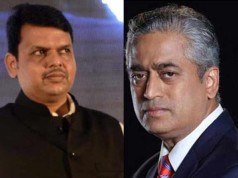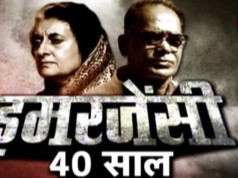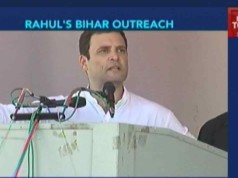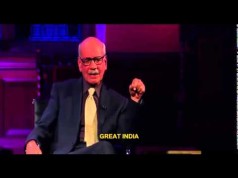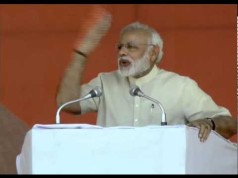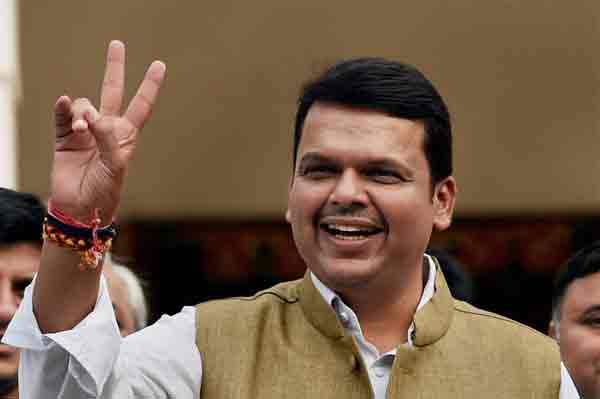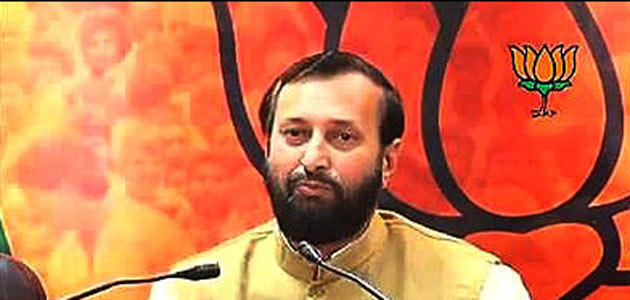
A day after Prime Minister Manmohan Singh asked the CBI to tread cautiously in policy matters, Chidambaram spoke at length on functioning of the agency on Tuesday.
“Unfortunately, there are a number of cases where investigating agencies and other authorities like CAG, have overstepped their limits and attempted to convert bonafide executive decisions into either crime of abuse of authority,” he said delivering his key note address on “building a criminal justice system to deal with financial crime” at Golden Jubilee function of CBI. Chidambaram cautioned the agency to respect the line that divides policy-making and policing.
BJP sees an attempt by the UPA government to perpetuate fraud and impropriety in the name of policy making apart from issuing a veiled signal to the judiciary.
“The UPA Government sold the scarce resource of 2G spectrum in 2008 at the rate prevailing in 2001. The UPA built corruption into a policy, and is now taking refuge that CBI should not investigate into policy issues,” BJP general secretary Prakash Javedkar said Tuesday.
“Similarly, UPA Government decided in the Cabinet in 2006 to auction the coal blocks. But, it went ahead with arbitrary allocations of 17 billion tonnes of coal reserves worth Rs 50 lakh crore to over 140 private companies by deliberately delaying the auction bill. Thus, UPA has become the pass master in weaving corruption into the system under the garb of policy,” he added.
BJP says Congress is synonymous with corruption, and trying to cover up scams. Referring to former Law Minister Aswani Kumar, the BJP leader says Kumar was caught red-handed for vetting and changing CBI status report going against directions of the Supreme Court. Ultimately he had to resign.
The PMO’s audacity goes further to send a Joint Secretary level officer to the CBI to alter the status report to protect the Prime Minister. The worst is the Prime Minister’s attempt to justify growing corruption by correlating it with economic growth.


